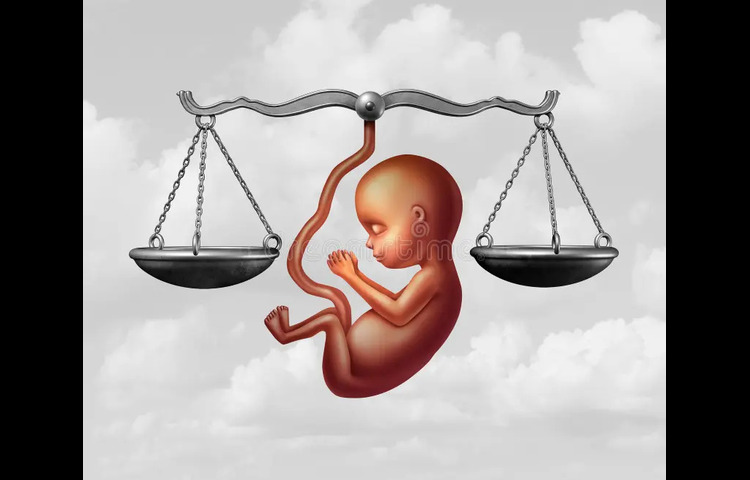“Supreme Court Upholds Delhi High Court’s Decision, Emphasizes Fetal Right to Life Over Late-Term Abortion Request”
May 16, 2024 2024-07-05 14:16“Supreme Court Upholds Delhi High Court’s Decision, Emphasizes Fetal Right to Life Over Late-Term Abortion Request”

“Supreme Court Upholds Delhi High Court’s Decision, Emphasizes Fetal Right to Life Over Late-Term Abortion Request”
By Shazia Siddiqui
In a recent legal decision, the Supreme Court of India refused to entertain a plea from a 20-year-old unmarried woman seeking to terminate her pregnancy, which had progressed beyond 27 weeks. This case reached the apex court as an appeal against a prior ruling by the Delhi High Court. The petitioner discovered her pregnancy at a late stage—27 weeks—after experiencing abdominal discomfort and undergoing an ultrasound on April 16. According to the Medical Termination of Pregnancy (MTP) Act, elective abortions are only permitted up to 24 weeks, unless there are substantial fetal abnormalities or if continuing the pregnancy would pose a significant threat to the woman’s life. On April 25, the Delhi High Court directed the All India Institute of Medical Sciences (AIIMS) to assess the condition of both the fetus and the petitioner. The resulting medical report indicated that the fetus had no congenital abnormalities and that the continuation of the pregnancy did not endanger the woman’s life. Based on this evaluation, the High Court, on May 3, refused the termination request, emphasizing that the fetus was viable and healthy, and that there was no immediate danger to the petitioner, thus rendering the termination both unethical and legally impermissible.
In her appeal to the Supreme Court, the petitioner argued that she was suffering from severe emotional and psychological distress, which affected her daily life, including her education and her ability to face societal pressures. Her counsel contended that the MTP Act focuses on the rights and health of the mother, and that her current traumatic state should justify an exception to the usual statutory limits. However, the Supreme Court declined to hear the plea, maintaining that the fetus, at this advanced stage of over seven months, had a fundamental right to life that needed to be considered alongside the rights of the mother. The bench highlighted that passing an order for termination at this stage would contravene statutory provisions. They reiterated the importance of balancing the mother’s rights with the fetus’s right to live, pointing out that the current legal framework did not permit the termination of a viable pregnancy without substantial medical justification, either in terms of fetal abnormalities or imminent danger to the mother’s life.
Throughout the proceedings, the Supreme Court probed the ethical and legal dimensions of the case, questioning how the fetus’s right to life could be reconciled with the petitioner’s distress. Despite acknowledging her severe psychological condition, the court upheld the principle that the fetus’s viability and health, coupled with the lack of immediate threat to the mother’s life, precluded any different ruling. The decision reaffirmed the court’s stance that the rights of the fetus must be weighed against those of the mother within the constraints of existing law, especially when the fetus is healthy and the pregnancy poses no immediate risk to the woman’s life. Consequently, the Supreme Court’s refusal to intervene upheld the Delhi High Court’s decision, emphasizing the legal and ethical considerations surrounding late-term pregnancy terminations.









